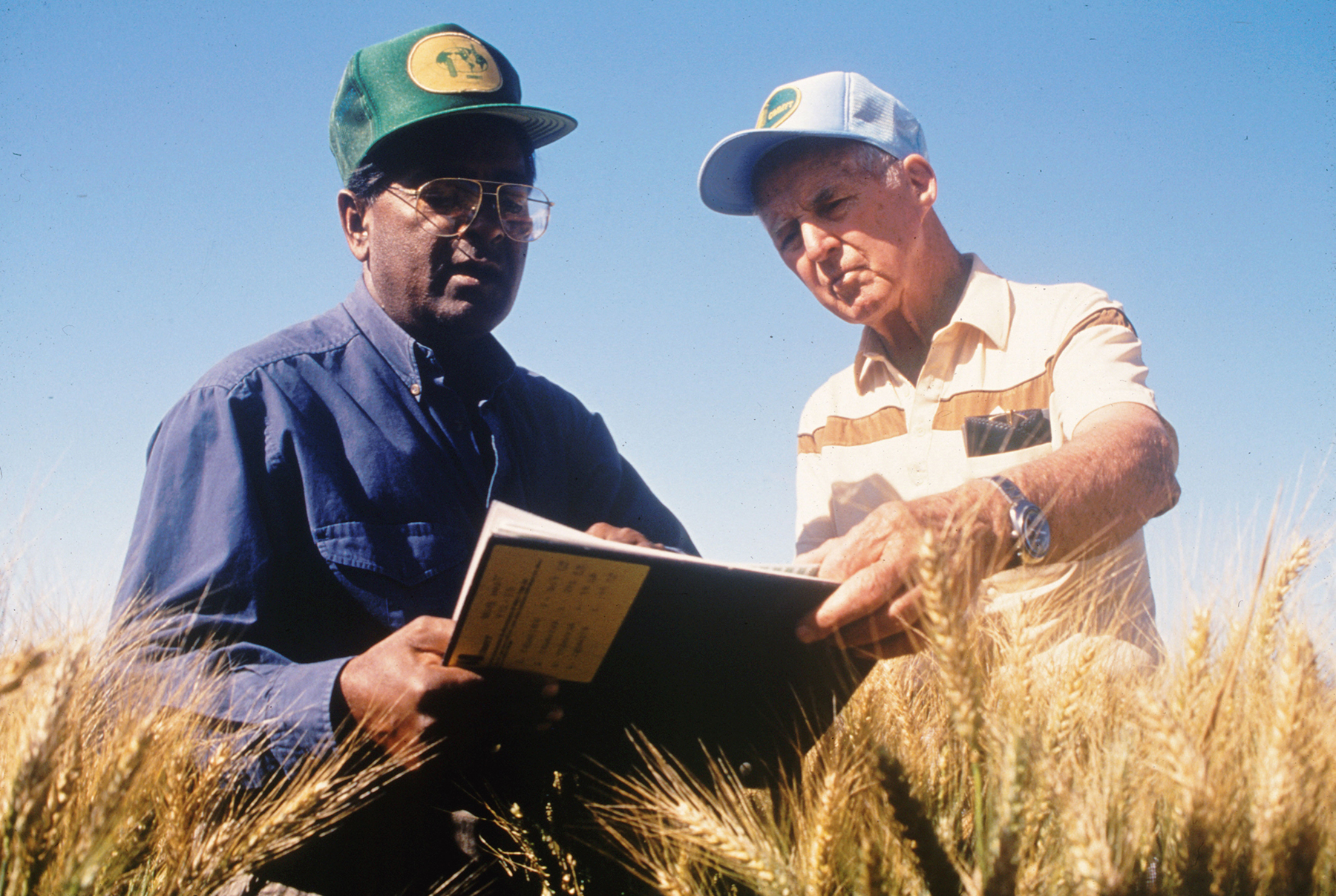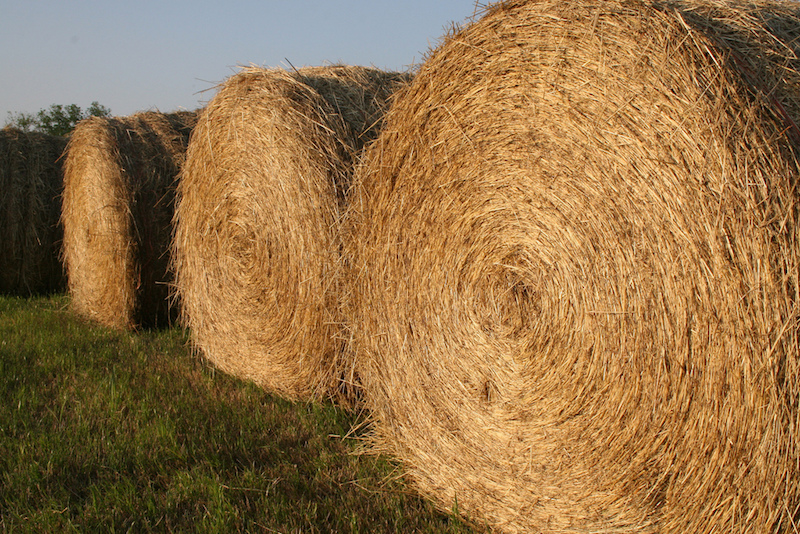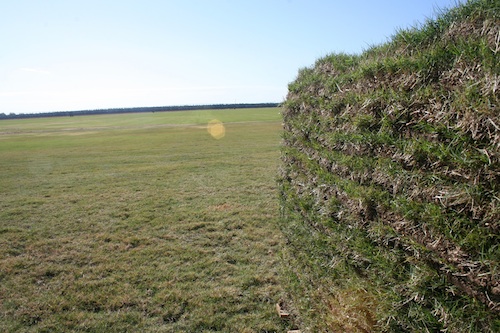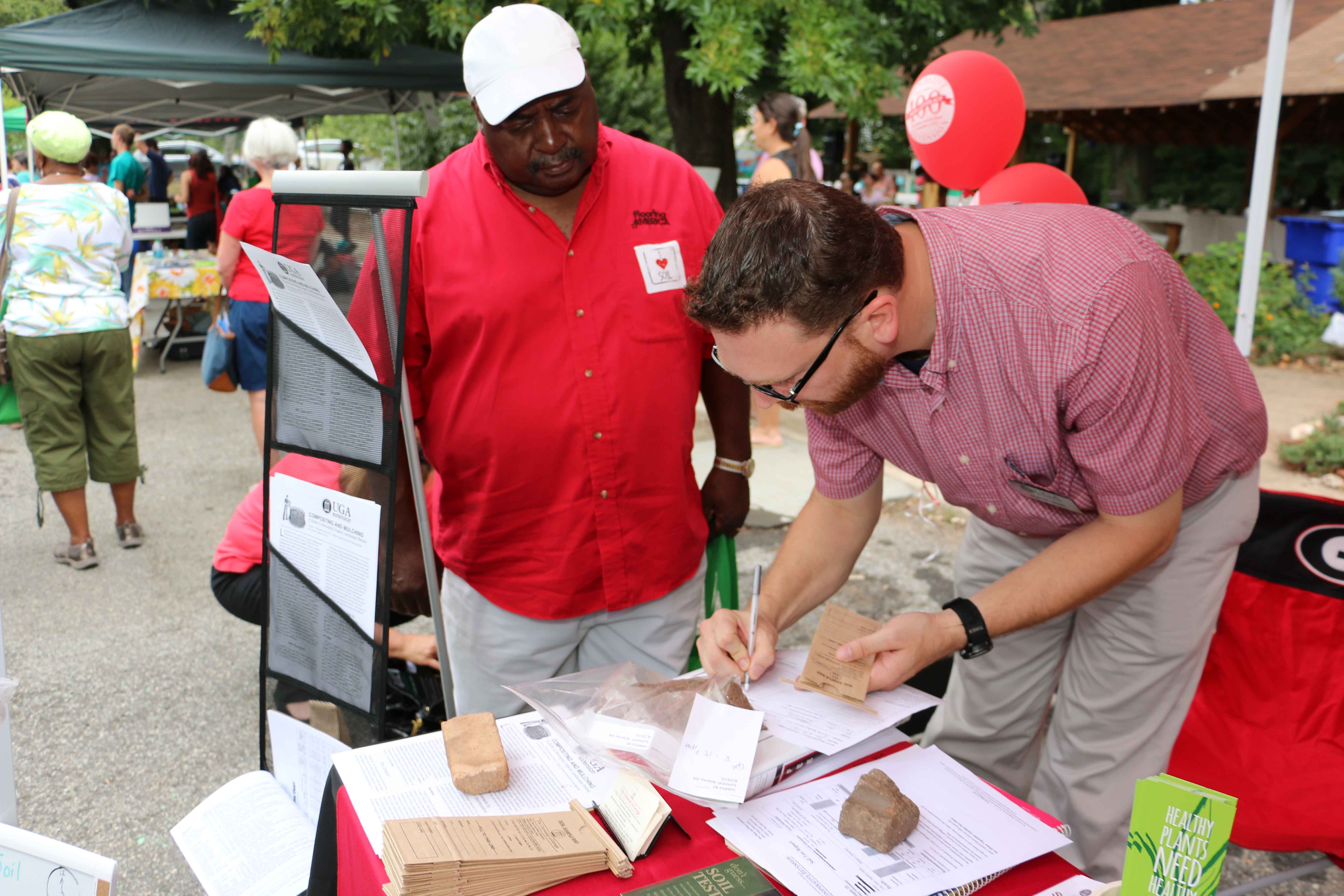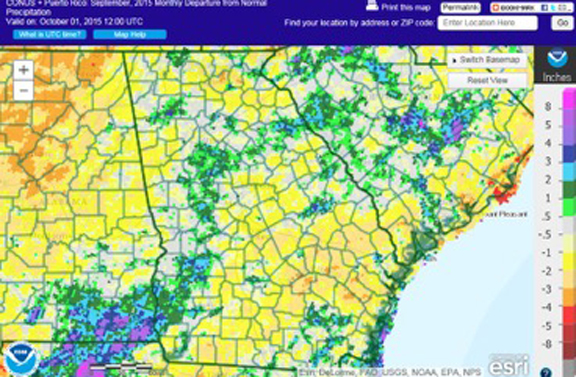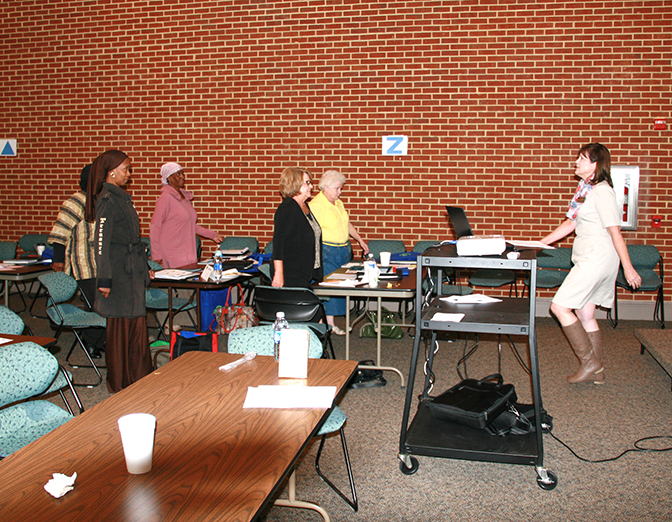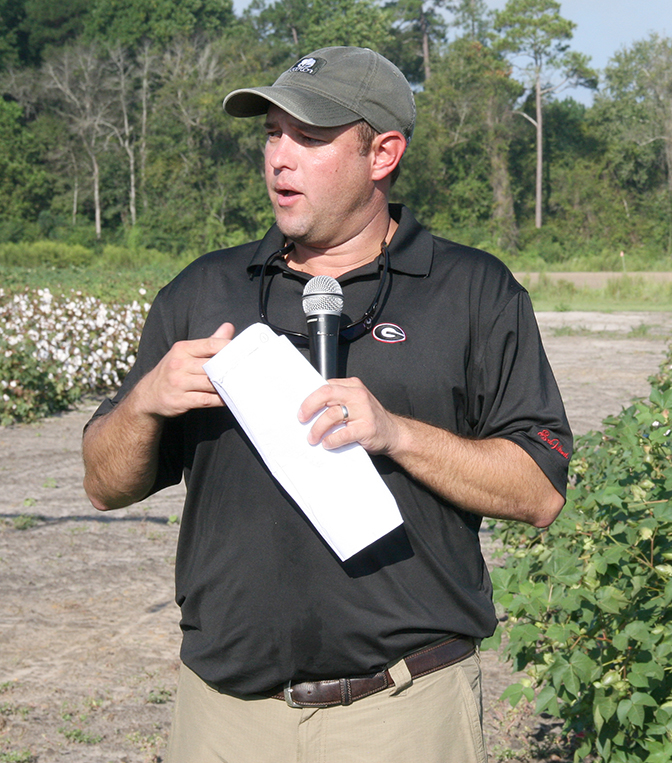 CAES News
CAES News
New Cotton Agronomist
The University of Georgia’s newly hired Cooperative Extension cotton agronomist believes the biggest challenge Georgia cotton farmers face is making a profit. Jared Whitaker will officially being his post on Dec. 1 and will be based in Tifton, Georgia.

